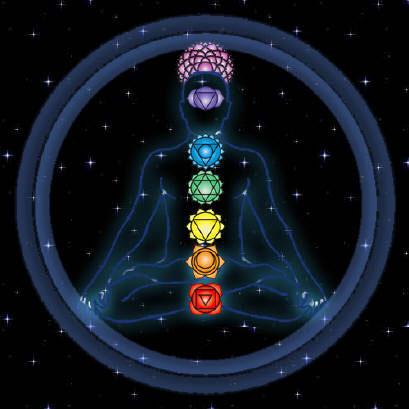"Let's suppose you were able, every night, to dream any dream you wanted to dream, and that you could for example have the power to dream in one night 75 years worth of time. Or any length of time you wanted to have. And you would, naturally, as you began on this adventure of dreams, fulfill all your wishes. You would have every kind of pleasure you could conceive. And after several nights of 75 years of total pleasure each, you would say 'Well, that was pretty great. But now let's have a surprise. Let's have a dream which isn't under control, where something is going to happen to me that I don't know what it's going to be.' And you would dig that, and come out of it and say 'That was a close shave, now wasn't it?' Then you would get more and more adventurous, and you would make further and further gambles as to what you would dream, and finally you would dream where you are now. You would dream the dream of the life that you are actually living today. That would be within the infinite multiplicity of the choices you would have. Of playing that you weren't God. Because the whole nature of the godhead, according to this idea, is to play that he's not. The first thing that he says to himself is 'Man, get lost,' because he gives himself away. The nature of love is self-abandonment, not clinging to oneself....See? And that keeps things moving. That's the nature of life.
So in this idea, then, everybody is fundamentally the ultimate reality. Not God in a politically kingly sense, but God in the sense of being the self, the deep-down basic whatever there is. And you're all that, only you're pretending you're not. And it's perfectly OK to pretend you're not, to be perfectly convinced, because this is the whole notion of drama. When you come into the theater, there is an arch, and a stage, and down there is the audience. Everybody assumes their seats in the theater, gone to see a comedy, a tragedy, a thriller, whatever it is, and they all know as they come in and pay their admissions, that what is going to happen on the stage is not for real. But the actors have a conspiracy against this, because they're going to try and persuade the audience that what is happening on the stage IS for real. They want to get everybody sitting on the edge of their chairs, they want you terrified, or crying, or laughing. Absolutely captivated by the drama. And if a skillful human actor can take in an audience and make people cry, think what the cosmic actor can do. Why he can take himself in completely. He can play so much for real that he thinks he really is. Like you sitting in this room, you think you're really here. Well, you've persuaded yourself that way. You've acted it so damn well that you KNOW that this is the real world. But you're playing it...."
You are the which than which there is no whicher.
excerpted from 'The Nature of Consciousness', by Alan Watts

